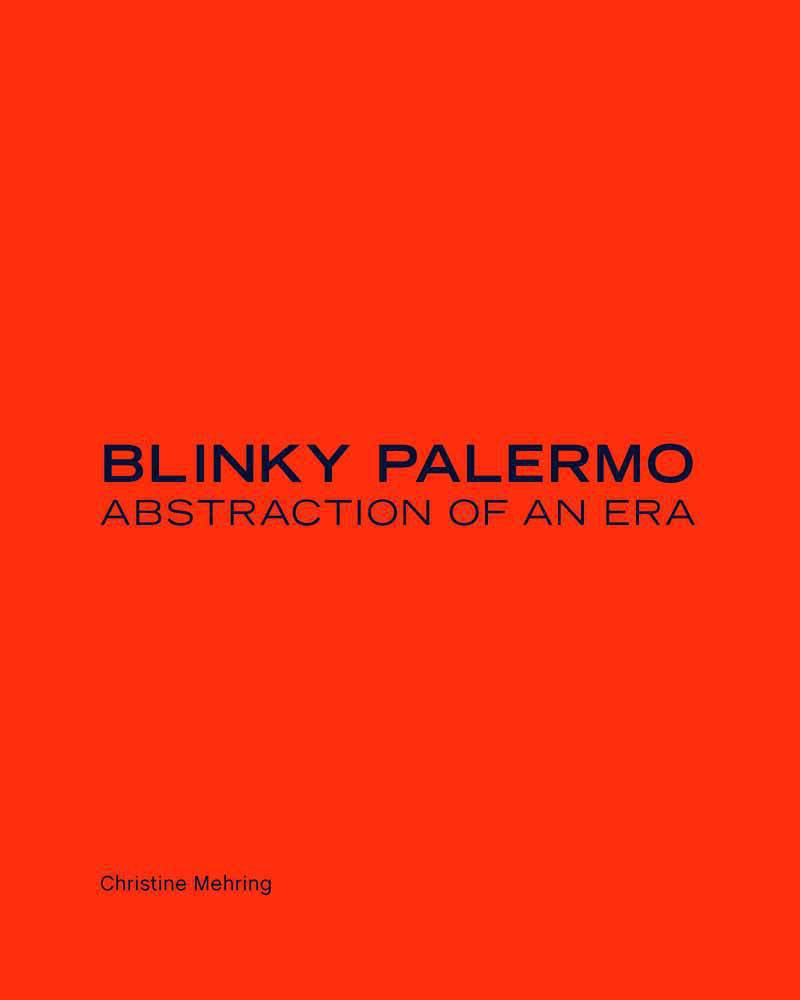Twenty-one-year-old Peter Heisterkamp began signing his colorful and playful abstract artworks Palermo in 1964, when peers noted his resemblance to the American gangster Frank “Blinky” Palermo. This handsome book-a historical and critical study of Palermo’s painting from the time he entered Joseph Beuys’s now famous class at the Dusseldorf academy in 1964 to his death in 1977-explores his significance for postwar and abstract art. Christine Mehring notes that over the course of Palermo’s brief career he created five concurrent but distinct bodies of work: objects, cloth-pictures, wall-paintings, metal-pictures, and collaborative projects, primarily with his friend and colleague Gerhard Richter. Mehring shows how each of these groups demonstrates Palermo’s efforts to lead German art out of its international isolation and to transform modernist painting into historically resonant abstraction by incorporating artifice, humor, period colors, and play.
- / Автор
- / Персоналия
